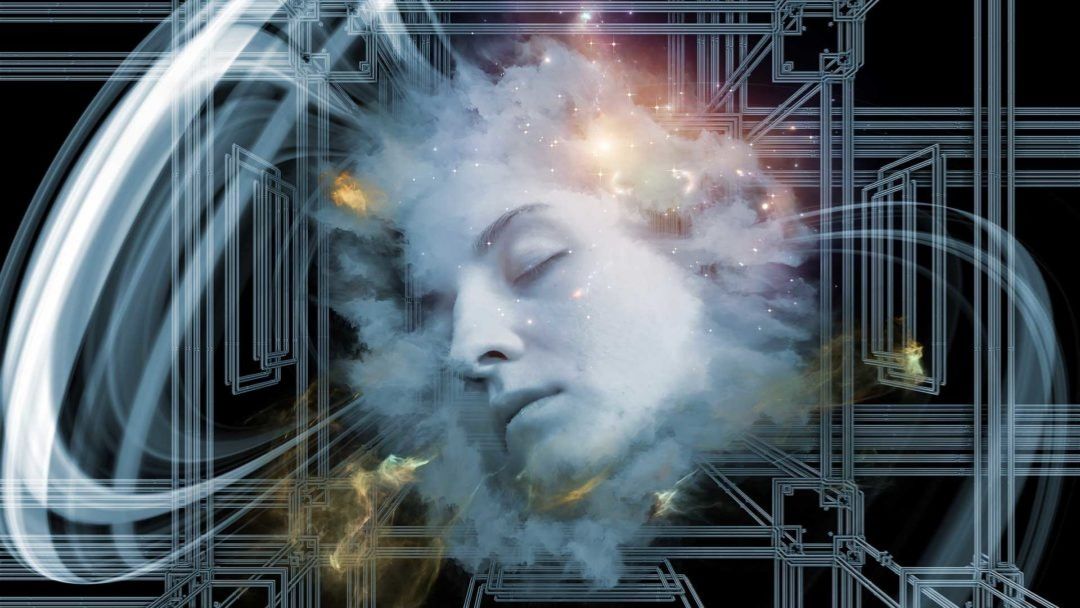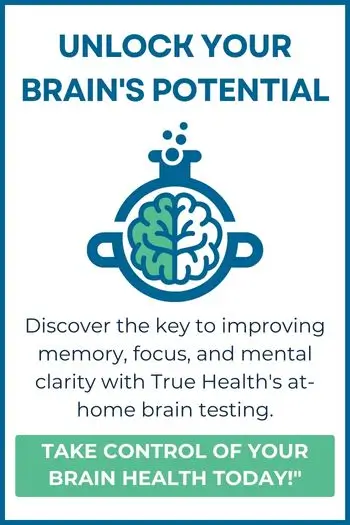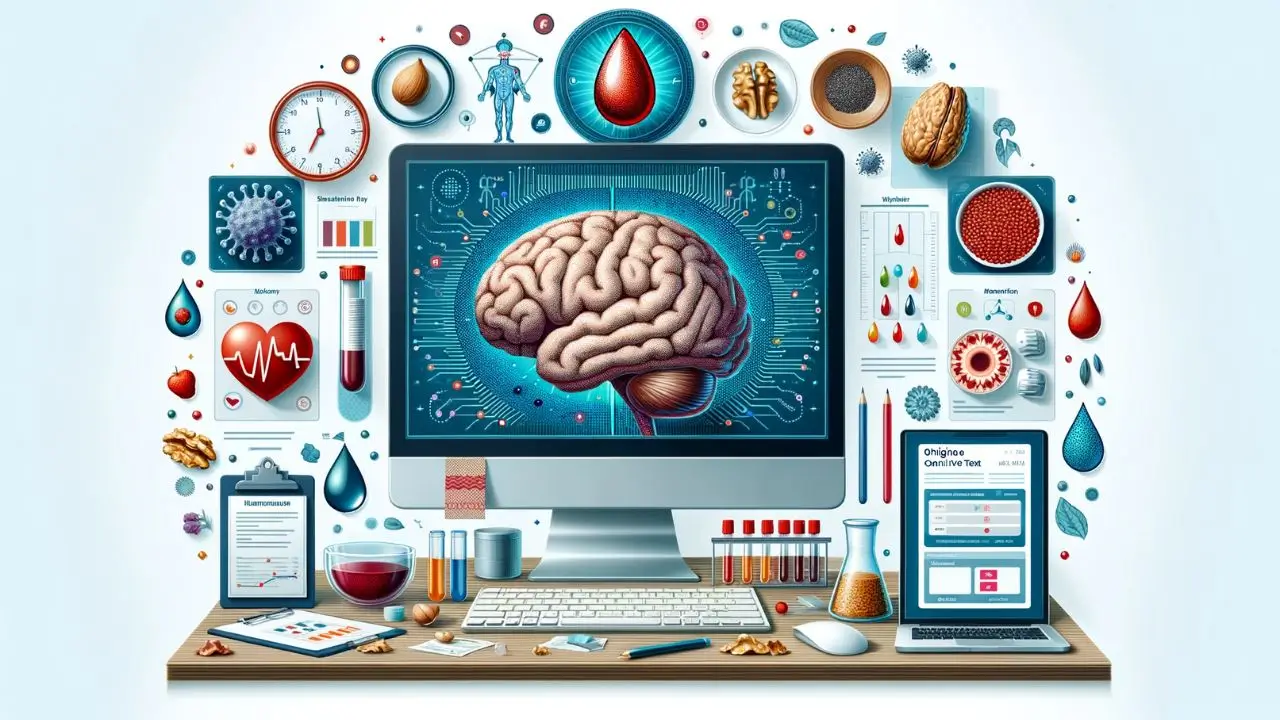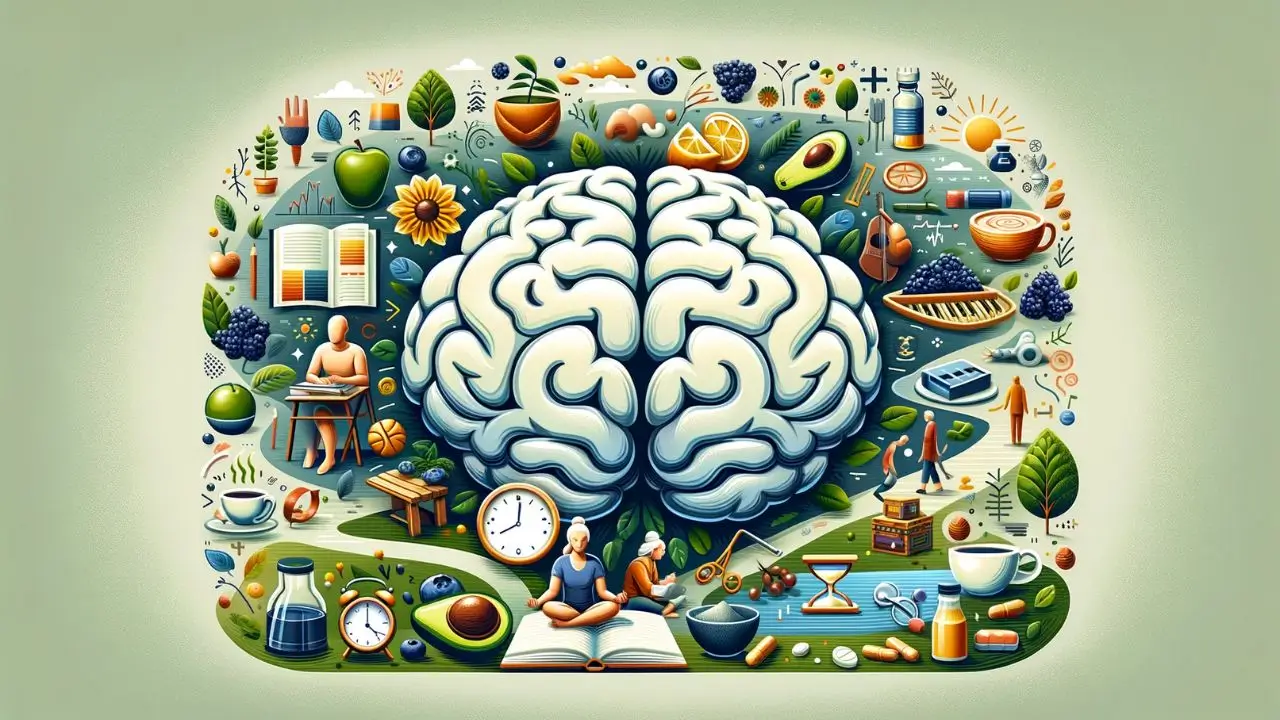When it comes to how sleep affects brain health every student, athlete, mom, business professional, and senior really benefit because new things keep appearing constantly. Anyone who really wants to know how lack of sleep affects your brain health should take a serious look at these tidbits and consider using them.
Tidbit #1: Lack Of Sleep Effects Our Ability To Learn, Process And Remember
The big a-ha for you with this is that when we sleep our brain is not off. While our physical body may be resting, our brain kicks into workout mode tending to many physiologic tasks and conducting lots of sophisticated neuroscience. Our brain is busy working to help reinforce our memories from the day. American and French researchers, in 2009, determined the brain has sharp-wave ripples when you are in your deepest sleep. These ripples are responsible for filtering through all of our thoughts for the day and determining which to keep for us to recall later and which to discard.
Fact: if we are not getting enough sleep, you are not able to recall as easily, it is harder to learn new things, concentrate, problem-solving is more difficult, it is harder to pay attention, work productivity is lower and school grades may go down. It is also difficult to multitask, meaning shifting from one activity to another at a very fast pace is impaired. Have you ever driven your car when you are sleep deprived? Driving is definitely a life or death multitask activity.
This is key for anyone because it is important to understand that getting adequate sleep allows you to be on top of your game when it comes to learning, processing and remembering. Even one night of poor sleep can impact your ability to problem solve and think clearly the next day.
You should get at least seven solid hours of sleep a night. What steps can you take today to make this happen? Start by establishing the time you want to go to bed every night. Going to bed at the same time every day and waking up at the same time is one important step towards better sleep. We do this with our children but somehow we lose sight of how important it is to have a set routine for ourselves.
Tidbit #2: Lack Of Sleep Effects Our Mood, Creativity And May Increase Risk Of Dementia And Alzheimer’s
This means that most people that are depressed have a hard time sleeping or all they want to do is sleep. Studies have found that people with insomnia are more likely to have depression and anxiety. Lack of sleep can allow you to become stressed more easily, reactive, cranky and/or feel out of sorts.
Bottom Line: lack of sleep affects your creativity, your ability to make decisions, solve problems, think outside the box or figure out the right answers on tests, as well as increases neurological problems such as dementia and Alzheimer’s.
Don’t neglect this because sleep is a choice. It is absolutely something you have to make a priority so you can enjoy a better mood, less anxiety, more creativity, mentally function more effectively, reduce your risk of dementia and enjoy the life you were meant to. The choice is yours.
You should definitely get your sleep times established, work on reducing electronics at least 30 minutes before bedtime. Research shows that staying plugged into technology impacts the brain’s ability to shut down. Also what you watch matters as well. Watching shows that are action-packed or violent does not allow the brain to shut down either.
Tidbit #3: Sleep May Just Be The Foundation Of Health For Our Brains
Students, athletes, moms, business professionals, and seniors, here’s a simple tidbit you need to understand – have you ever thought or wondered why our physical bodies just require 30 to 60 minutes of exercise while our brain requires 7-8 hours of sleep/exercise every day. Does this tell you how important sleep for brain health is?
What’s most important about this tidbit is that our brain works all night long to restore and keep us in good health. GH (growth hormone) is one of the big things that happens and is secreted during slow-wave sleep. If you are not getting adequate sleep you are disrupting that hormonal secretion of growth hormone.
This will help everyone because GH (growth hormone), stimulates cell repair, growth, and regeneration. GH also benefits our mood, cognitive abilities, muscle and bone growth. Our hormones require adequate, refreshing sleep to stay regulated. Sleep could be considered a powerful anti-aging and cellular regenerating treatment, providing your mind and body the opportunity to renew and rejuvenate.
You should definitely examine your sleep habits. Are you sleeping in a dark room? Our brain cannot tell it is a night if the lights are on. Use blackout shades, remove TVs, alarm clocks, and cell phones. Make sure you are taking a quality Omega-3 supplement to feed the cell membranes.
Regardless of how you choose to use these 3 tidbits, don’t just sit on this new knowledge and forget about it. Put it to good use so you can improve your brain health, which is really what every student, athlete, mom, business professional, and senior wants, right? Of course!
One more thing before I forget! I just released my FREE mini-series on how to revolutionize your sleep. Get your FREE access by visiting: https://ayrh.link/sleep See you there!













